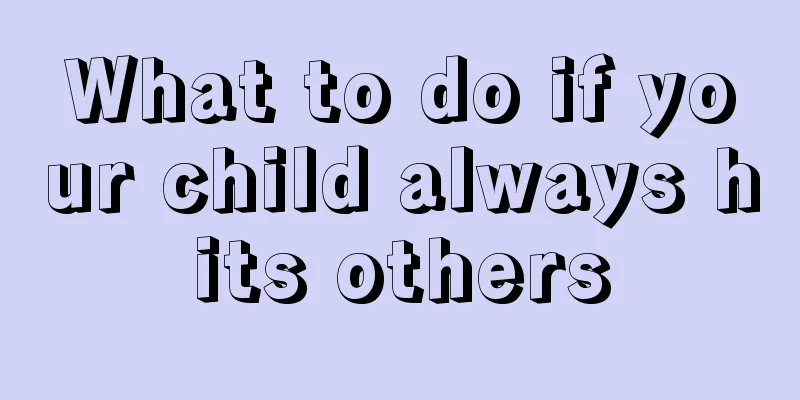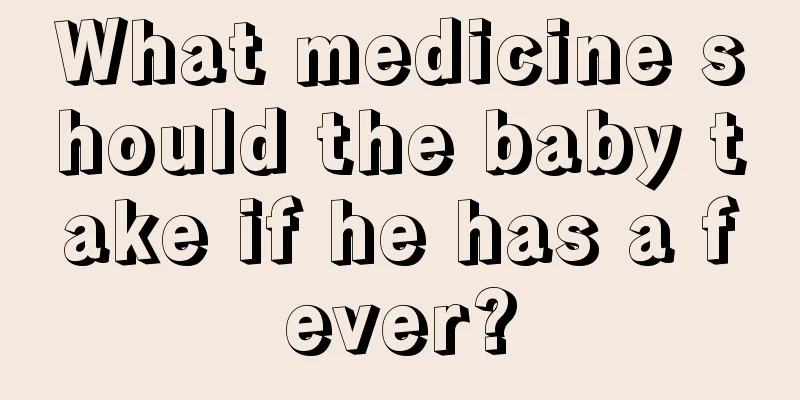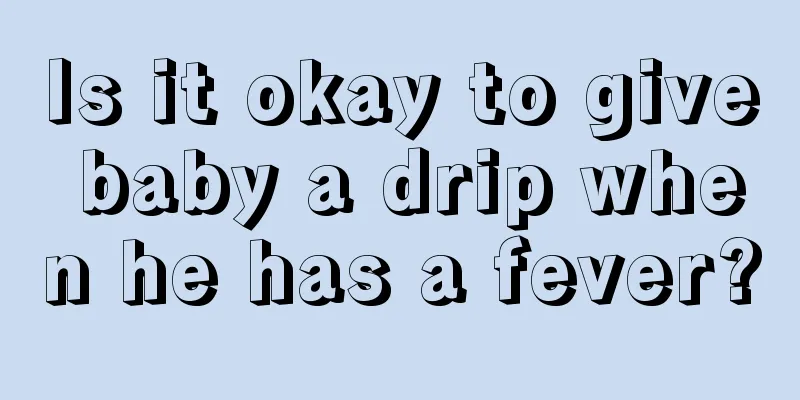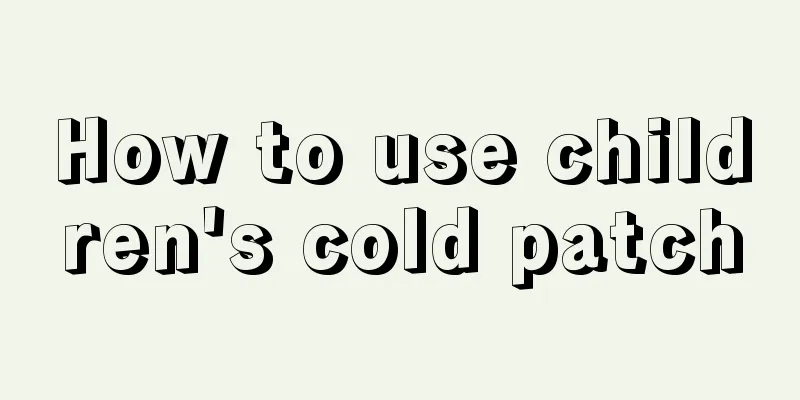What to do if your child always hits others

|
Children are naughty by nature and have some bad character traits from the moment they are born. For example, many children like to hit others when they are not happy. If children hit others, it will not only affect the development of their good character, but will also affect their relationship with other children, causing them to not have good friends. Therefore, when encountering such a problem, parents must provide their children with correct guidance and education. So, what should you do if your child always hits others? 1. Try to prevent it in advance. If your child often hits others in social situations, you can actually predict it. It is recommended that you try to stay with your child all the time so that he can feel that you are closely with him. In this way, no matter what happens, the child feels that he or she can handle it, and is less likely to lose control of his or her emotions. If you notice your child becoming nervous, stand closer to him, preferably between him and another child. Your presence will calm your child. You can quietly separate him from the other child and try to distract him with other things. 2. If your child hits someone, take a deep breath. Remind yourself: your child hits because he wants attention. He may feel uneasy or scared. Tell yourself: I can handle this problem. Set an example for your children from the perspective of self-management, consciously lower your voice, take deep breaths, and slowly calm down tension and anxiety. 3. Express concern to the beaten child in a timely manner. In the best case scenario, there is another adult on the scene who cares about the child being bullied first. If not, you should comfort the child yourself. This will also give you time to calm down and avoid losing your temper with your child. When the hurt child calms down, you can hug your child and look at the other child with concern and say, "Beibei (if that is your child's name) hit you. We apologize. He forgot to talk properly. Auntie and Beibei hope you feel better now." 4. Take the children away Tell your child: "Hitting others will hurt others. Mommy will calm down with you, okay?" 5. Try to avoid blame Parents may think: Shouldn’t I tell my children that hitting others is wrong? That’s right, but your children may not be unaware of this truth! He just couldn't control his emotions. The most important thing right now is to help him deal with his emotions so that he can gradually establish the right way of doing things. You can tell him, "I hit so-and-so, and I know you must be very sad now... I'm sorry that I couldn't come to help you in time... I'm here now... you are safe..." If you just keep blaming your child, it may make him feel like a bad person, which will be counterproductive. The child will think, “Mom said I did something wrong… I must not be a good child… What if Mom doesn’t love me anymore because I am bad?” They will feel scared and defensive. They would look down at us without even saying a word. 6. Accept your child’s emotional breakdown If your child starts to break down and cry after you take him/her away from the scene, this is a good thing. It is an outburst of negative emotions after the beating. The sadder the child is, the more negative emotions he or she will let go, and then he or she will calm down. Give your children more care, less scolding, and help them feel safe. 7. Find the right time and educate patiently Once you and your child have calmed down, you can begin to educate them patiently. Of course, this doesn’t mean that you should start scolding your child at this moment, but try to communicate with your child and try your best to understand the real reason behind the beating. Maybe your child is feeling insecure, or maybe he is afraid of being bullied, so he resorts to hitting others. You can say something like, "Baby, remember that little boy you hit in the park today? Remember how upset he was? Can you tell me what happened?" Listen to the child's answer and guide him to recall: "Oh! You are angry with him, right?...Yeah, there is more..." Then, you can try guiding them like this, “Next time you are angry, what else can you do besides hitting someone?” and let your child answer. If he can't answer right away, you can give him some hints, such as "Next time, can you ask your mother to come over? Can you ask the teacher to help you?" |
<<: What happens if my child has a lump on his chest?
>>: Why does my child keep spitting?
Recommend
What is the matter with a five-month-old baby sucking his fingers?
Sucking fingers is an action that every baby will...
Why is the newborn's hair yellow?
Many babies' hair will turn noticeably yellow...
Is it good for children to take probiotics?
Probiotics are delicious for children, but they a...
Clinical manifestations of neonatal bronchopneumonia
Bronchopneumonia is a common disease in newborns,...
Why does a baby suddenly cry in his sleep?
Because babies are too young, they don’t understa...
How to treat a circle of hair loss on the back of the baby's head
In fact, many babies are relatively unfamiliar wi...
How to treat cerebral edema in infants
Infant brain edema is a characteristic of infant ...
How should students prevent cervical spondylosis?
Nowadays, since most people seldom exercise while...
What should you pay attention to when your baby is swimming?
Children's metabolism is very active. Because...
At what age do children usually start to change their teeth?
The baby's growth is very fast, and the mothe...
What to do if your 1.5-year-old baby has phlegm in his throat
If a one and a half year old baby has phlegm in t...
Why does the child's cough last for a long time?
Children's health problems have always been a...
What are the nutritious breakfasts for young children?
Breakfast should be started from childhood, and i...
Eight-month-old baby sweats a lot
An eight-month-old baby is very fragile and can e...
6 month old baby with stuffy nose_6 month old baby with stuffy nose
A stuffy nose is a common problem among babies. T...









